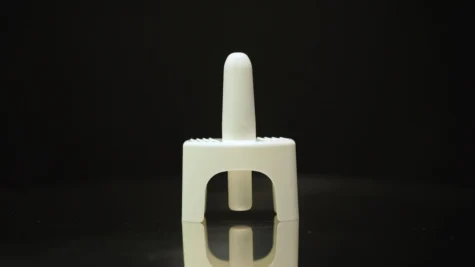Two words often used when discussing substance use disorders (SUDs) are sobriety and recovery. They are closely related but represent different aspects of a person’s journey through addiction. This blog will explain the difference between sobriety and recovery, how they are related, and why both are important for lasting wellness.
What is Sobriety?
Sobriety is defined by the University of Pennsylvania Health System as a “state of complete abstinence from drugs or alcohol by an addicted individual, in conjunction with a satisfactory quality of life.” When a person has achieved control over their substance use, they have achieved sobriety. There are many benefits to sobriety, and even in the short term, people are likely to experience improved physical health. Sobriety is a critical step in one’s addiction journey and should be celebrated as it paves the way for recovery.
What Is Recovery?
SAMHSA (the Substance Abuse and Mental Health Services Administration) defines recovery as a “process of change through which individuals improve their health and wellness, live a self-directed life, and strive to reach their full potential.” This holistic process helps one heal from their past and start rebuilding a life of meaning and purpose beyond substance use. Recovery is often a process in which people address past trauma and learn coping skills for the future. People in recovery often experience better sleep, more energy, healthy loss of weight, and improved physical appearance. Their relationships will likely improve as they rebuild trust and develop a support network.
What is the Difference Between Sobriety and Recovery?
Sobriety has a strong focus on abstinence and can sometimes be achieved relatively quickly. However, it rarely addresses the underlying causes of addiction or mental health. Recovery, meanwhile, is an ongoing process that works to uncover and address the emotional and psychological causes of a person’s addiction. Sobriety is a tremendous achievement that can, in a way, make it easier to recognize, while recovery is an ongoing journey of growth, self-discovery, and reflection. While everyone’s treatment plan will be different, recovery is very likely to include professional help, while achieving sobriety may not always require it. During a recovery journey, it is not uncommon for a person to access inpatient or outpatient rehab, medication-assisted treatment, and group, family, or individual therapy like cognitive behavioral therapy (CBT).
Why Are Sobriety and Recovery Important to Overcoming Addiction?
Both sobriety and recovery are crucial steps to overcoming addiction. The analogy of building a house can help illustrate how they relate and function together. Sobriety is like a foundation for a house–it must be solid and stable before starting construction, or the house won’t last. Construction can only begin once a stable foundation is poured. Recovery is like the construction of a house, and each aspect of recovery–emotional healing, rebuilding relationships, developing coping skills–represents a room. Over time, each room becomes more welcoming, more liveable, and warmer. Like houses, a person’s recovery journey is usually a work in progress and never the same as anyone else’s.
Southern Sky Recovery Can Help
Sobriety is the start of recovery, but lasting recovery is an ongoing journey of self-discovery and growth. At Southern Sky Recovery, we recognize that every person is unique, and their approach to healing is just as unique. We provide multiple levels of care, including intensive outpatient (IOP), partial hospitalization program (PHP), and outpatient (OP) care, to meet an individual’s needs from sobriety through recovery. Are you or a loved one ready to take the next step? Our team of compassionate practitioners is here to support you every step of the way. Please contact us today to discuss how we can help.



